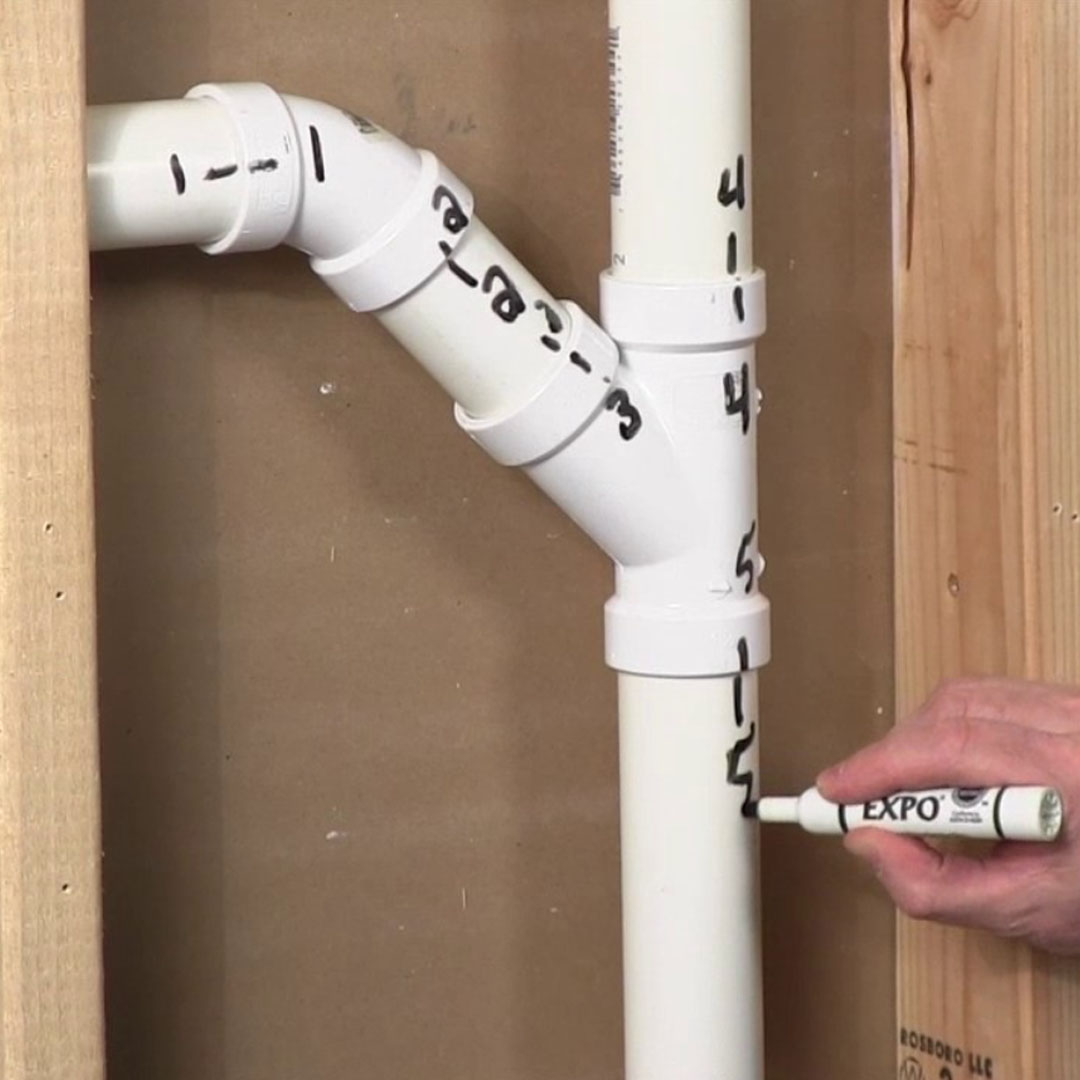Electric

Bathroom Fitting
They prefer to stick to the most affordable
Top branded bathroom fittings typically come with a warranty of 5 to 7 years and are available in a wide variety of styles and ranges. These brands usually offer an entry-level or economic range as their starting point. When you hire a contractor to renovate your bathroom, they will usually quote you for the plumbing work only. This estimate does not include the cost of the bathroom fittings, as the prices for fittings can vary greatly based on the brand and specific models chosen.
Homeowners generally fall into two categories. Some see the bathroom as a personal sanctuary where they spend quality time. For them—often creative individuals who get inspired during a shower—it's worth investing heavily in bathroom fittings to enhance their experience.
On the other hand, many homeowners are more budget-conscious. They prefer to stick to the most affordable options in branded fittings, as long as the essentials, like the shower, function properly. For them, spending extra is unnecessary.
PVC Fitting
PVC pipe is among the world’s most sustainable products
PVC pipes are considered one of the most sustainable materials globally, making them an excellent choice for long-term underground infrastructure. They are more energy-efficient to produce and require fewer raw materials compared to traditional piping materials, while also generating minimal waste during manufacturing.
These pipes are made using sustainable and readily available resources—chlorine, sourced from salt, and natural gas produced domestically. This reduces the reliance on imported oil and supports local energy use.


Sanitary Fitting
Sanitary fittings are primarily used to manage the flow of dry
Bulk materials. These materials are commonly found in industries such as cosmetics, pharmaceuticals, food processing, biotechnology, and chemicals. The fittings are specially engineered to meet the strict hygiene and operational standards required in these sectors.
To effectively control the movement of solid materials, these fittings must be easy to remove, disassemble, and clean thoroughly. This necessitates designs that are tailored to meet rigorous sanitary guidelines. The design of sanitary fittings can vary based on their specific application—for example, handling delicate items like tablets or capsules, dry powders, or managing precise dosing. Most designs feature a manual lever or control to start the flow of the material. Below are some typical characteristics and advantages of sanitary

